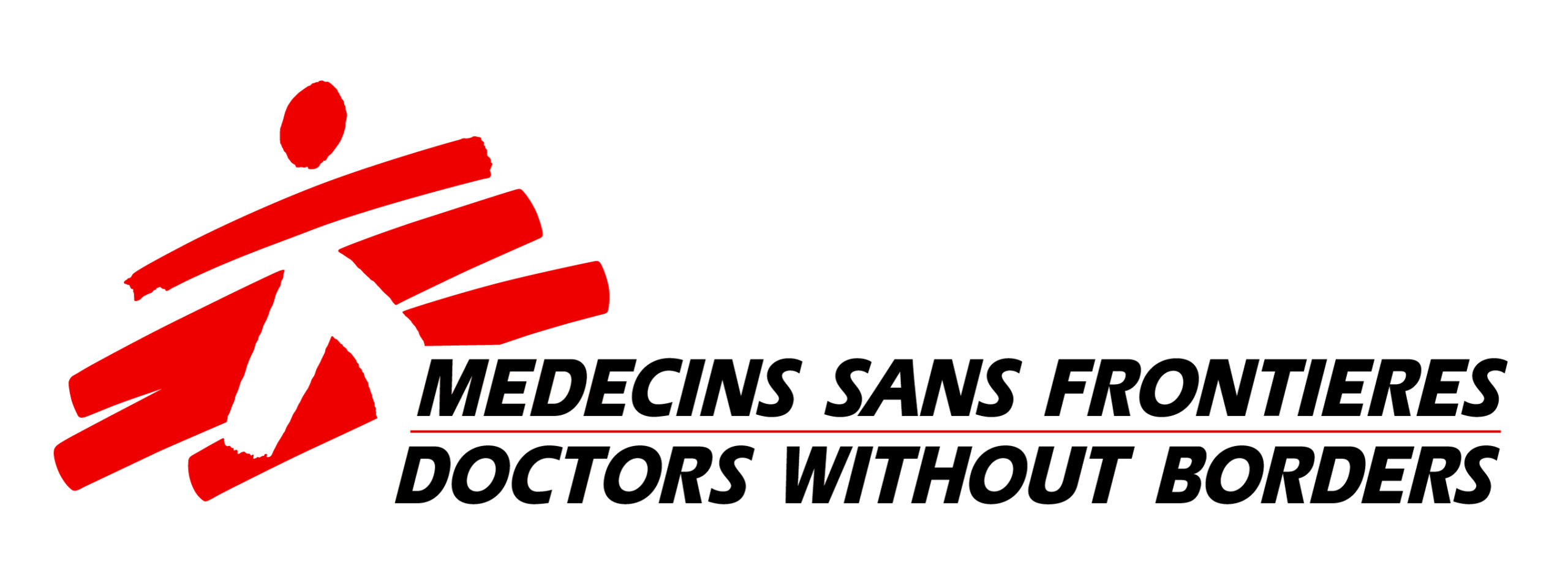Nigeria is currently facing the largest diphtheria outbreak in its history, with about 17,000 suspected cases and nearly 600 deaths recorded since January 2023, mostly among children.
Doctors Without Borders/Médecins Sans Frontières (MSF) medical teams have admitted more than 12,000 patients so far this year in Kano state, which is the most affected. MSF teams are also treating diphtheria patients in the states of Borno and Bauchi. However, low vaccination rates in Nigeria are making it much more difficult to save lives and stop the epidemic.
“Routine immunization is the only lasting solution to curb and prevent future outbreaks of vaccine-preventable diseases such as diphtheria, measles, polio, or tetanus,” said Hussein Ismail, MSF project coordinator in Kano. “Many deaths that we see in our facilities, who are mostly children, could be avoided if children were fully vaccinated.”
Full vaccination against diphtheria, requiring three doses, reduces the risk of infection and protects against severe forms of the disease and death. Those who fall severely ill and die are disproportionately unvaccinated.
In Kano state, only about 25 percent of the patients admitted to MSF facilities had been partially or fully vaccinated for diphtheria, which reflects the alarmingly low vaccination coverage. Only 15 percent of the patients that MSF has treated for diphtheria at Gwange Pediatric Hospital in Maiduguri, in Borno state, were fully vaccinated.
The Nigerian health authorities, World Health Organization and UNICEF have now launched a vaccination campaign in three phases, targeting 14 states. MSF welcomes national and international efforts to address the current outbreak and continues to call for increased routine immunizations for children across Nigeria and the wider region.
Donor countries and institutions including GAVI, ECHO and Africa Center for Disease Control and Prevention should invest further in long-term plans to increase routine vaccination coverage, beyond the short-term response to immediate outbreaks.
MSF’s response to diphtheria
MSF has responded to the diphtheria outbreak in Nigeria since early 2023 and currently supports two diphtheria treatment centers in Kano state with a total capacity of 146 beds. Medical teams also implement a decentralized strategy in collaboration with the authorities, supporting other hospitals and health facilities across different local government areas, and raising awareness among the population through health promotion activities. In Maiduguri, Borno state, MSF teams have added a 20-bed diphtheria treatment clinic in the pediatric hospital in Gwange and treated 448 patients. In Bauchi state, a diphtheria treatment center was set up with 20 beds, at Ganjuwa hospital and 173 patients were treated. MSF continuously supports the Ministry of Health and international organizations to push for vaccination campaigns across multiple states. Elsewhere in the region, MSF is also responding to diphtheria outbreaks in Niger and Guinea.
Distributed by APO Group on behalf of Médecins sans frontières (MSF).
